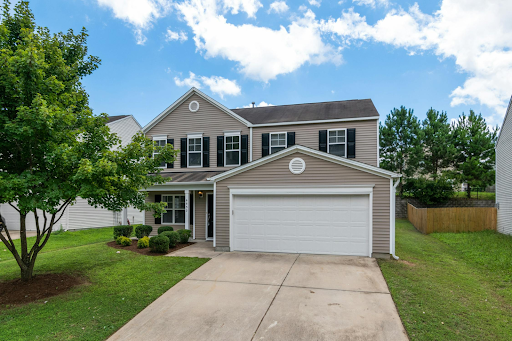Understanding the Rise of Cash Sales in Little Rock
The real estate landscape in Little Rock has seen a significant shift towards cash sales in recent years. As homeowners seek faster and more convenient methods to sell their properties, cash transactions have become increasingly popular. This trend is reflected in statistical data showing a marked increase in cash sales compared to traditional methods. In Little Rock, cash sales have grown to capture a significant market share, highlighting a shift in homeowner preferences. According to Zillow, cash sales now represent a substantial portion of the real estate market, indicating a departure from reliance on conventional financing.
Speed and Convenience: Key Drivers of Cash Sales
One of the primary reasons for the surge in cash sales is the speed and convenience they offer. Unlike traditional sales, which can be time-consuming and fraught with contingencies, cash sales streamline the process significantly. Homeowners benefit from fewer contingencies, eliminating the need for appraisals and reducing the paperwork involved. This efficiency appeals to many sellers, especially those looking to close deals quickly. Local homeowners in Little Rock have shared their positive experiences with cash sales, emphasizing the ease and swiftness of the process. A
news article highlighted a successful cash sale in Little Rock, illustrating how homeowners can benefit from choosing this route.
Financial Stability and Certainty with Cash Offers
Cash offers provide sellers with a level of financial certainty and stability that is often absent in traditional sales. By removing the dependency on buyer financing, cash sales reduce the risk of deals falling through due to unforeseen financial issues. This assurance is particularly valuable for homeowners facing urgent financial needs, as it allows them to receive immediate funds. The predictability of cash transactions offers peace of mind, making it an attractive option for many in the Little Rock area.
The Role of Economic Uncertainty in Selling Decisions
Economic factors such as inflation and job market instability have played a significant role in influencing homeowners' decisions to opt for cash sales. Amidst fluctuating economic conditions, cash sales offer a secure alternative, providing a safeguard against market volatility. In Little Rock, local economic trends have driven many sellers to consider cash offers as a reliable option. As economic uncertainty persists, the appeal of cash sales continues to grow, offering a stable solution in an unpredictable market.
Cash Offers: Breaking Down Common Misconceptions
Despite their growing popularity, cash sales are often surrounded by misconceptions. One common myth is that cash offers lead to the undervaluation of properties. In reality, fair cash offers are determined through professional appraisals, ensuring that homeowners receive a competitive price. Additionally, cash sales do not preclude negotiation; sellers can still engage in discussions to arrive at a mutually agreeable price. Real-life examples from Little Rock demonstrate that cash offers can be both fair and competitive, dispelling negative stereotypes.
The Cultural and Geographical Factors Influencing Cash Sales in Little Rock
Cultural attitudes towards real estate transactions and risk aversion play a significant role in the preference for cash sales in Little Rock. The local culture, which values straightforward and efficient dealings, aligns well with the benefits of cash transactions. Geographical factors, such as neighborhood development and urban expansion, also impact the attractiveness of cash sales. Little Rock's unique characteristics, including its vibrant community and growth potential, make cash sales a viable and appealing option for homeowners.
In conclusion, the rise of cash sales in Little Rock's real estate market is driven by a combination of speed, convenience, financial certainty, and economic factors. As more homeowners recognize the benefits of cash transactions, this trend is likely to continue, shaping the future of real estate in the region.










